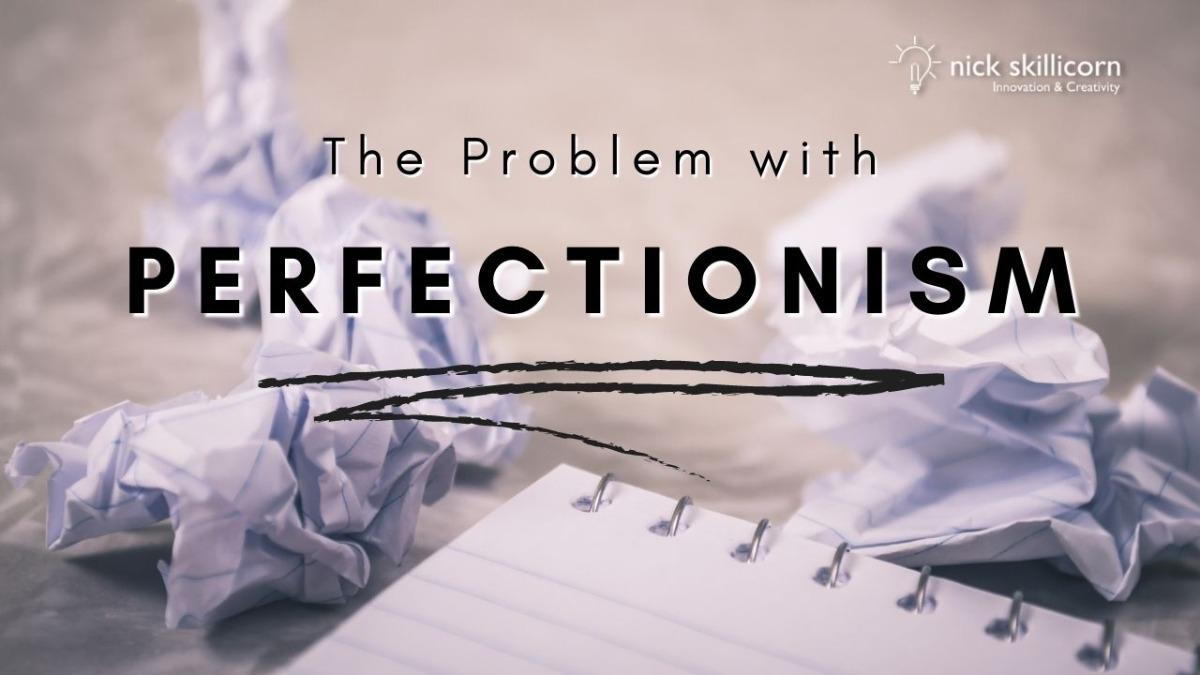
On the surface, the drive to do things perfectly appears to be worthwhile, even greatly desired. But there are the hidden costs.
Centuries ago, the Greek philosopher, Aristotle, taught a theory he called the Golden Mean. His idea stated that in moral behavior there is a mean between deficiency and excess. In other words any quality has extremes. The golden middle is somewhere between, but usually more towards one extreme or the other. His writing, the Guide to Living Excellently, is simply put: everything in moderation.
Perfectionism falls into the category of excess. It takes a toll mentally, physically, emotionally and spiritually. It is a thief of time and energy. Yet society often applauds the perfectionist. There is a big payoff but ultimately has hidden costs that exceed rewards. Often rooted in childhood trauma and attachment, it is the fearful ghost of a that child proving his/her/self to be acceptable. It’s often a coping mechanism and in some cases, a survival skill to avoid pain or punishment. Perfectionism can mask a longing to be seen as significant as a human being. While it may have served in early life, it now damages the adult. The striving for perfection feels like an internal cattle prod or an ongoing shock collar .
In the work environment, the perfectionist may be overwhelmed with constantly fine tuning a work product creating problems with deadlines or insufficient production overall. Procrastination can rear its head when beginning a task that seems too overwhelming even to contemplate when there is all too much awareness of the self’s demands. In fearing a mistake, analysis paralysis may take over. An inability to take constructive criticism becomes an additional burden.
Emotionally, anxiety becomes a constant companion. Depression at failing to measure up to impossible self-imposed standards is likely. Relationships suffer. They suffer from an investment of time and conflict avoidance. Defensiveness sabotages intimacy.Unrealistic expectations of being and having the perfect partner shatter peace of mind. Often without meaning to cause harm, a perfectionistic parent will impose that value on their children.
So what to do. The perfectionist will rarely embrace the concept “good enough” but might in time accept “awesome enough.” To learn about finding your way with the chronic inner critic that demands “perfect,” I suggest Brene Brown’s early writing as a guide. Her book, The Gifts of Imperfection, is a fine place to start. The subtitle says it all: “Let go of who you think you’re supposed to be and embrace who you really are!” A 10th anniversary edition has been released…it’s perfectly wonderful!!!!!




